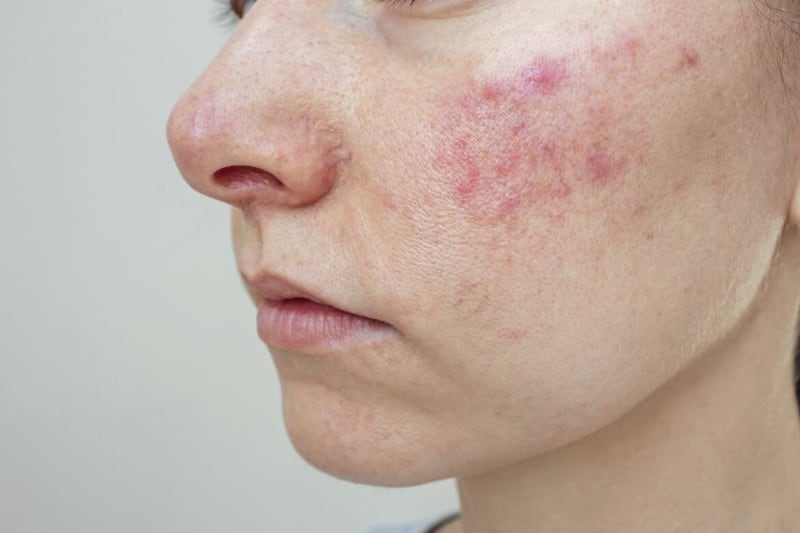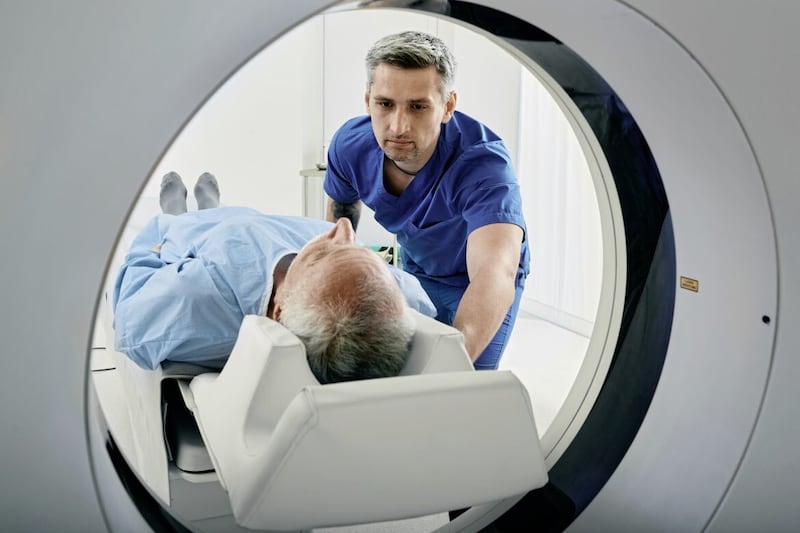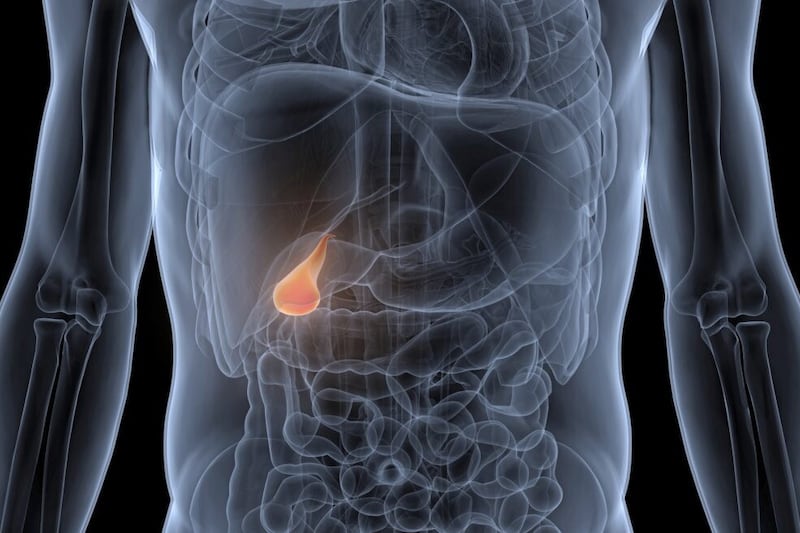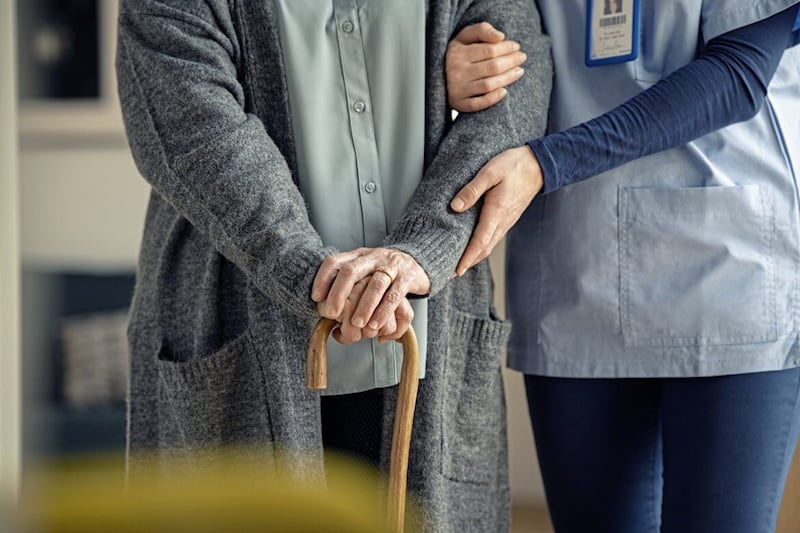Q: FOR years, I have been suffering from boils in a very delicate place. Antibiotics haven’t worked. The boils are so painful and as soon as one goes, another pops up. I am at my wits’ end.
Name and address supplied
A: You have my sympathy. A boil – proper name, furuncle – is an infection of the skin which begins in a hair follicle. It is usually due to a bacterium called Staphylococcus aureus.
One in 10 of us carries a variety of Staphylococci on our skin without any problems but, sometimes, the bacterium becomes more aggressive, though it’s not clear why.
Recurrent boils, as you describe, are when a person has one or several at a time over a period of months or years. You mention in your longer letter that you have diabetes, and boils can be linked to this because it can compromise the function of the immune system, particularly in the skin, and make infections more likely. If this is the cause, antibiotics should work.
However, these have not worked for you, and this fact, plus the long-term nature of your problem, makes me question whether the diagnosis of boils is correct.
Instead, I wonder whether you have hidradenitis suppurativa (HS), a chronic inflammatory skin condition causing what appears to be recurrent boils where the skin naturally folds or rubs together, such as under the breast, around the groin and in the armpits and the back passage. It affects 1 per cent to 2 per cent of the population – that’s up to 1.3 million people – with three times as many women affected as men. Yet misdiagnosis is common.
Despite the similarity in appearance, the cause of boils in HS is different, although the exact mechanism is not understood.
One theory is that HS is an autoimmune disease, where the immune system is more switched on than usual, causing the body to overreact to normal bacteria and send large numbers of white blood cells to the area, forming pus and a boil. The pus can form a channel under the skin (known as a sinus tract), which can lead to a persisting outbreak over the area.
HS is linked to lifestyle factors, such as weight and smoking, and there is also a hormonal aspect as some women find symptoms get worse around their periods and ease after the menopause.
But, unlike with other boils, we aren’t sure about the role of bacteria, which is why antibiotics alone are not very effective.
When I was a house surgeon – decades ago – the only treatment for HS was to cut out the affected skin. Thankfully, research now favours other approaches.
These include specific antibiotics, such as clindamycin cream or pills (in HS, we think antibiotics work through their anti-inflammatory effects, rather than through their effect on bacteria).
In women where HS seems to coincide with the monthly cycle, the pill may help. In more severe cases, a patient may be prescribed immuno-suppressive medicines, such as steroids. These treatments are usually used in conjunction with antiseptic washes, applied all over the face and body – and specifically in the affected areas – to reduce the build-up of bacteria.
Ask your GP about a referral to a dermatologist. If your condition is confirmed to be HS, a programme of expert care offers you good prospects of eventual recovery.
Q: IN JUNE 2018, I had a heart attack and three stents put in. I am on the usual cocktail of medication, but have diverticulitis and wondered if I could cut down? Three doctors have all given me different advice.
JC.
A: When a patient receives variations in advice, confusion reigns. Your heart attack occurred when the blood supply to part of your heart muscle was cut off, probably due to a clot in a branch of a coronary artery. As a result, stents (tiny metal tubes) were inserted to keep the arteries open.
Clot formation within a stent is an uncommon but serious complication, which is why patients are often prescribed both aspirin and clopidogrel, which reduce the stickiness of the blood and prevent clots from forming too easily. This is generally reviewed after a year.
The decision about duration is set against the risk of bleeding, as the blood doesn’t clot as well and aspirin can cause bleeding in the gut.
It seems from your longer letter that your cardiologist is happy for you to move to just one anti-clotting drug. Aspirin is the usual choice.
With regard to the diverticulitis – where small pouches form in the lining of the digestive tract, causing pain, nausea, diarrhoea and bleeding – you write that you are also taking lansoprazole, which helps to protect the lining of the stomach from ulceration triggered by either clopidogrel or aspirin.
It does not prevent bleeding from diverticulitis and, if you have no heartburn symptoms, it would seem reasonable to me to stop taking it once you are on aspirin alone.
© Solo dmg media








